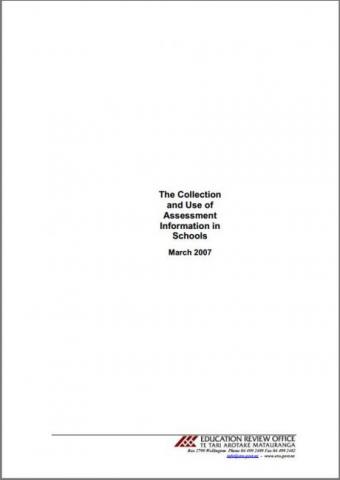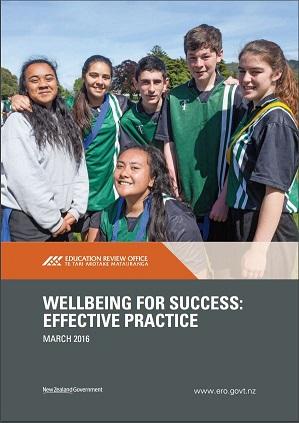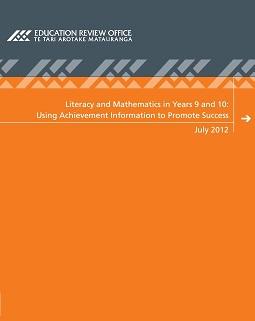Ngā Rāpupuku Indicators poster
Published: 07 Sep 2020
This poster presents, the indicators from ERO’s Te Ara Poutama|Indicators of quality for early childhood education: what matters most, published in 2020. It shows the outcome indicators, which are the learning outcomes for children from Te Whāriki. It also shows the process indicators for the learning and organisational conditions in early childhood services that support children’s learning outcomes.
- Audience:
- Early learning
- Education
- Content type:
- Basic page
- Topics:
- Evaluation
- Indicators
- Improvement
- Te Whāriki
- Collaboration to improve learner outcomes





